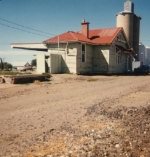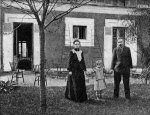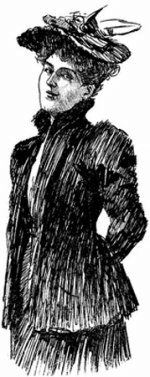Sir Robert Menzies
"Robert, anxious even as a small boy to get on in the world, and even more anxious to have a few extra pence in his pocket, sought permission to distribute newspapers for the newsagent down the street. This was forbidden, but not at all daunted, he proceeded to sell them at the railway station where he did a roaring trade. Soon this got to his father's ears and heavy paternal footsteps were heard hurrying to the station. The boy, seeing by his father's appearance that the game was up, but being full of spirit, dashed up to his parent and shouted with glee, 'Buy a paper, sir'."
Sir Percy Joske, Sir Robert Menzies, 1894-1978 - a new, informal memoir, 1978 p 1.



